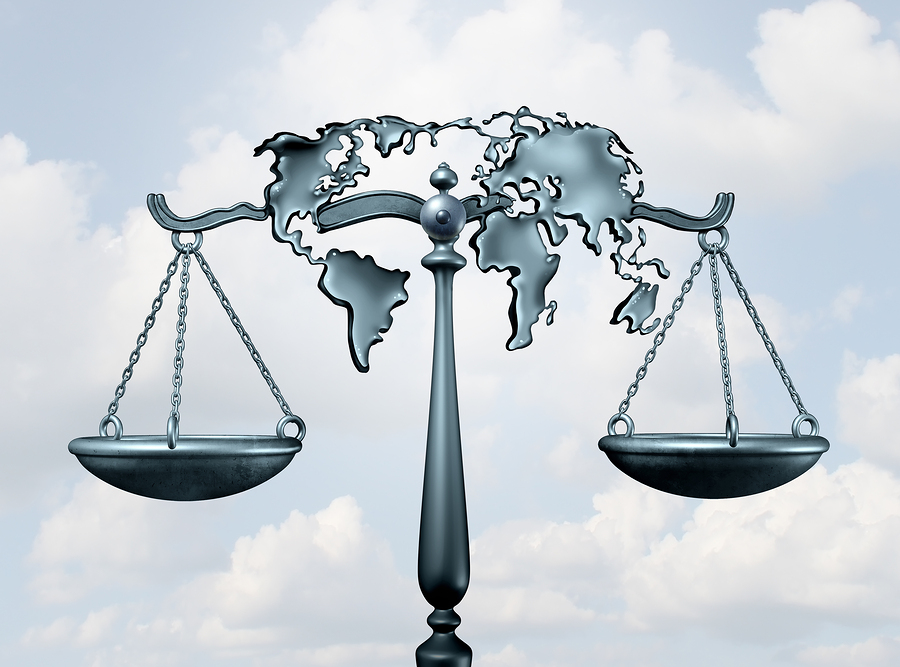“You have to be extraordinarily tolerant,”
Pearl Eliadis, lawyer (B.C.L., L.L.B., B.C.L. (Oxon.), human rights, national institutions and democratic development, Montreal, Quebec
HOW DID YOU COME TO SPECIALIZE IN THIS AREA OF LAW?
The path to be taken to work in the branch of one’s choosing is not always clear! I started out working for a large corporate firm, because you get good training in all legal fields. As president of the Canadian Human Rights Foundation (now called Equitas), I was then hired by the Ontario Human Rights Commission for its senior management committee. That’s when I became truly involved in the international aspects of law; Ontario became the first province (excepting Quebec) where international principles were incorporated into the policy and the law. The United Nations then became interested in the Commission’s work, and UNDP (United Nations Development Programme) offered me a project aimed at creating an institution for human rights in Rwanda, after the genocide.
WHAT TYPE OF CASES DO YOU HANDLE?
The cases I handle almost always have international implications. I recently worked on a case involving the situation in Sri Lanka, which experienced a new bout of civil war in 2008. An intergovernmental organization gave me the assignment of getting a fix on what was going on in the country, which involved drafting a legal assessment of the impact of the conflict, especially on civil and political rights. My role was to determine whether or not the government was observing the international agreements the country had signed. To do this, I interviewed all of the players involved including the police, judges, government members, NGOs and defence lawyers.
WHAT ARE YOUR UPCOMING PROJECTS?
I have a couple of new projects in my sights. One of them is on China and the labour rights of migrant workers—not foreign workers, but Chinese coming from rural areas to work in towns. The other project involves the creation, in Canada, of a human rights newsletter and of classifying practices in the 14 jurisdictions of Canada.
WHAT QUALITIES DO YOU NEED TO WORK IN INTERNATIONAL LAW?
I have training in civil and common law, which is required to be able to work in regions of the Commonwealth and in countries that draw on the continental system, e.g. France, Belgium or Germany.
Language skills are also very important as regards the practice of international law. In West Africa, for example, French is pretty well mandatory.
Then, you have to be extraordinarily tolerant, which, paradoxically, is not always the case of those who work in human rights. Being flexible is part and parcel of this tolerance. Finally, while the organization itself isn’t perfect, the legitimacy of the U.N.’s work must be recognized.
